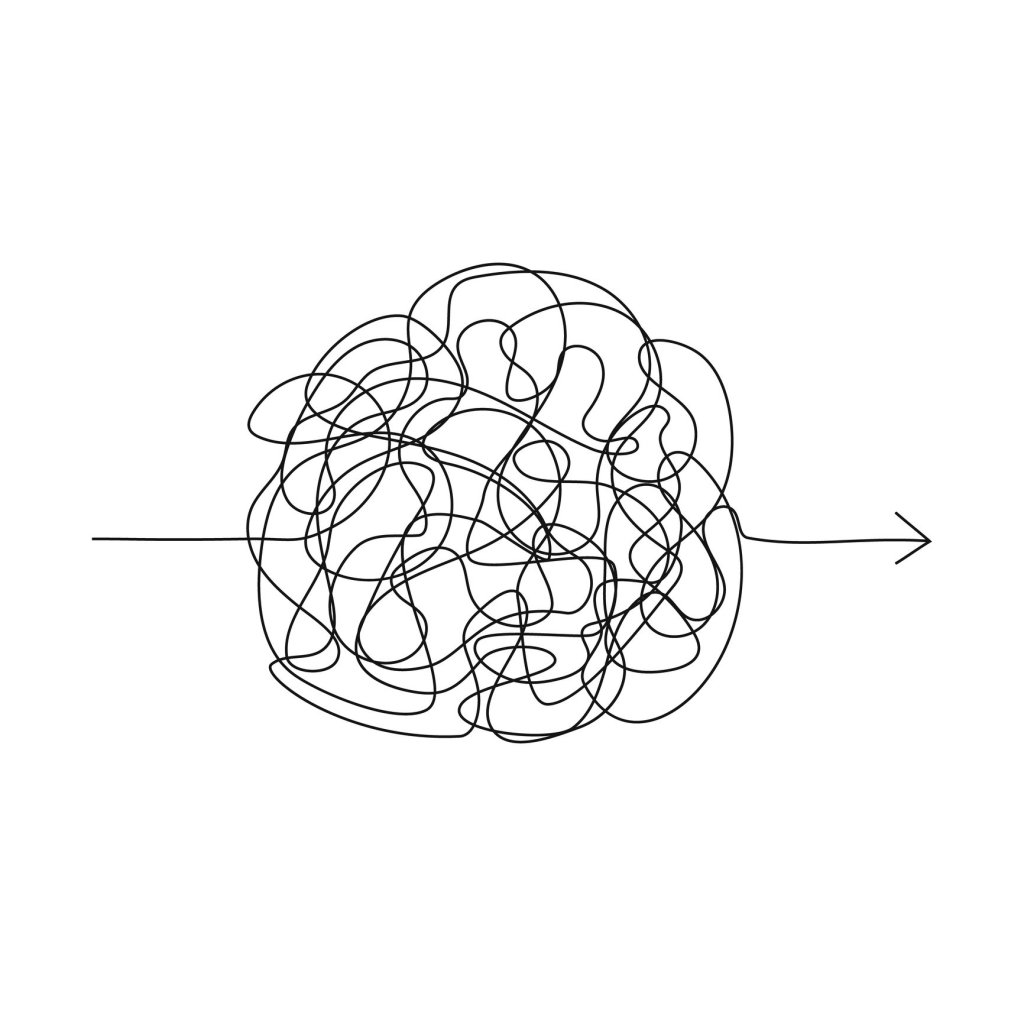
Delirium vs. Dementia: Causes, Symptoms, Treatment, and Preventative Measures
Causes of Delirium vs. Dementia
Delirium symptoms tend to occur quickly, and can often be traced to a specific cause. While sometimes the cause is unknown or undetermined, known causes of delirium include:
- Certain medications or drug toxicity
- Alcohol or drug abuse or withdrawal
- A medical condition
- Metabolic imbalances, such as low sodium or low calcium
- Severe, chronic or terminal illness
- Fever and acute infection, particularly in children
- Exposure to a toxin
- Malnutrition or dehydration
- Sleep deprivation or severe emotional distress
- Pain
- Surgery or other medical procedures that include anesthesia
The Mayo Clinic also notes that several medications or drug combinations can trigger delirium, including some types of:
- Pain drugs
- Sleep medications
- Medications for mood disorders, such as anxiety and depression
- Allergy medications (antihistamines)
- Parkinson’s disease drugs
- Drugs for treating spasms or convulsions
- Asthma medications
While delirium symptoms come on suddenly, symptoms of dementia build over time. The resulting impact on core mental functions including memory, communication, mental focus, reasoning, and visual perception is caused by damage to the cells of the brain. This damage occurs for several reasons, including:
- High levels of certain proteins inside and outside brain cells
- Depression
- Side effects of medication
- Excess alcohol use
- Thyroid problems
- Vitamin deficiencies
In addition, those who abuse alcohol, have HIV/AIDS, and those with learning disabilities are at a higher predisposition for dementia in later life.
Symptoms of Delirium vs. Dementia
Symptoms of delirium can include:
- Reduced awareness of the environment, such as being easily distracted or extremely fixated on an idea.
- Cognitive impairment, such as disorientation, difficulty speaking, reading, or writing, and memory problems.
- Behavior changes, such as hallucinations, agitation, sleep disturbances, and reversal of the night-day sleep-wake cycle.
- Emotional disturbances, such as depression, euphoria, anxiety, irritation, changes in personality, and rapid and unpredictable mood shifts.
In order for a person to be diagnosed with dementia, least two core mental functions must be significantly impaired. Symptoms of dementia include progressive difficulty with:
- Memory, such as forgetting names of family members or regressing to childhood memories.
- Communication and language, such as forgetting the word for everyday items.
- Ability to focus and pay attention, such as “spacing out” or inability to complete tasks.
- Reasoning and judgment, such as going out in winter without a jacket or inappropriate sexual behavior.
- Visual perception, such as not being able to differentiate contrast, not detecting movement, or even trouble with orientation.
Diagnosing Delirium vs. Dementia
It is important to have a health care professional trained in assessing neurological status evaluate you or your loved one, as delirium and dementia can present similarly. In order for a person to be diagnosed with delirium, a physician will take a detailed medical history, and order a number of tests to assess the patient. Tests include neurological and mental status exams, as well as blood and/or urine tests, or brain imaging. Because delirium happens quickly, it is often quite noticeable to most people. Oftentimes it is a person’s caregiver who will notice symptoms of dementia building over time, and flag them to their doctor. As there isn’t a single specific test to diagnose dementia, careful review of medical history, a physical exam, lab tests, and the characteristic changes in thinking, day-to-day function, and behavior associated with each type of dementia are used to evaluate a person.
Types of Delirium vs. Dementia
Researchers have identified three distinct types of delirium, including:
- Hyperactive delirium. Symptoms of hyperactive delirium can include restlessness, agitation, rapid mood changes, or hallucinations.
- Hypoactive delirium. Symptoms of hypoactive delirium can include inactivity or reduced motor activity, sluggishness, abnormal drowsiness, or seeming to be in a daze.
- Mixed delirium. A person suffering from mixed delirium may quickly switch back and forth between states, displaying both hyperactive and hypoactive symptoms.
There are many different types of dementia, with the most common being Alzheimer’s disease. Alzheimer’s accounts for about 60-80% of all dementia cases. The second leading type of dementia occurs following a stroke and is called vascular dementia. There is also:
- Dementia with Lewy bodies
- Frontotemporal dementia
- Creutzfeldt-Jakob disease (CJD)
- Young-onset dementia (affecting those under the age of 65)
- Alcohol-related brain damage
- Rare diseases and conditions (about 5% of total dementia cases)
Treatment for Delirium vs. Dementia
If you or your loved one are diagnosed with delirium, treatment will depend on the cause. If medication is the culprit, stopping it should resolve the delirium. Likewise, rehydrating a person suffering from dehydration or having an overtired person rest, can treat delirium. If necessary, there are some medications that can be used to treat delirium. If you or your loved one are diagnosed with dementia, there are many treatment options available depending on the type of dementia. While some are progressive and have no cure, others can be treated with:
- Medications
- Person-centered care
- Talk therapy, including counselling
- Alternative treatments
Speak with your doctor to determine the best approach to treatment for yourself or a loved one.
Ways to Prevent Delirium vs. Dementia
As with most illnesses, engaging in a healthy lifestyle can help to prevent both delirium and dementia. Some key factors include:
- Not smoking
- Exercising regularly
- Eating a balanced diet
- Promoting good sleep habits
- Closely monitoring medications
- Maintaining a healthy weight
- Avoiding excessive alcohol intake
- Keeping the mind active
Don’t ignore problems in thinking skills or memory difficulties. Seeing a doctor at the first sign of issues can detect a treatable condition, and early diagnosis allows you or your loved one to get the most benefit from available treatment options and plan for the future.
More insights like this:
-

Helping an Aging Loved One Through Declining Mental Health
Read more: Helping an Aging Loved One Through Declining Mental HealthMental health challenges can impact anyone at any time of life. However, older adults tend to be more vulnerable to depression and other mental illnesses, on average, with 14% of adults aged 60 or older suffering from a mental disorder. “If you recognize or hear from a loved one that their day-to-day life is significantly…
-

Delirium vs. Dementia: Causes, Symptoms, Treatments, and Preventative Measures
Read more: Delirium vs. Dementia: Causes, Symptoms, Treatments, and Preventative MeasuresFeelings of confusion, difficulty focusing, and memory loss can have many causes and, especially in older adults, can be hard to tell apart from more typical signs of aging. Delirium is a disturbance in mental abilities, resulting in confused thinking and reduced awareness of one’s environment. Symptoms of delirium typically come on quickly,…
-

7 Immune System Booster Tips for Seniors
Read more: 7 Immune System Booster Tips for SeniorsThe immune system is the body’s first line of defense against viruses and infections, but the aging process can weaken the immune system. Throughout the COVID-19 pandemic, this became an increased concern for the caregivers of older or immunocompromised adults, as the risk of more severe symptoms and outcomes was much higher in these…